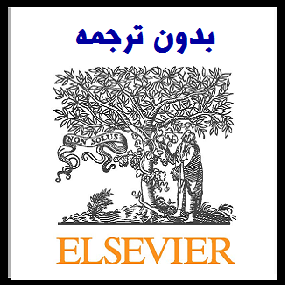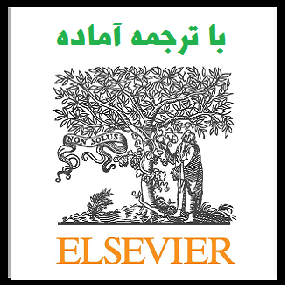دانلود رایگان مقاله ارتباط دو طرفه بین پسوریازیس و افسردگی – سال 2020


مشخصات مقاله:
عنوان فارسی مقاله:
ارتباط دو طرفه بین پسوریازیس و افسردگی: دو مطالعه پیگیرانه طولی با استفاده از یک گروه نمونه ملی
عنوان انگلیسی مقاله:
Bidirectional association between psoriasis and depression: Two longitudinal follow-up studies using a national sample cohort
کلمات کلیدی مقاله:
پسوریازیس، افسردگی، التهاب، مصونیت، انجمن دو طرفه
کلمات کلیدی انگلیسی:
psoriasis – depression – inflammation – immunity – bidirectional association
مناسب برای رشته های دانشگاهی زیر:
روانشناسی
مناسب برای گرایش های دانشگاهی زیر:
روانشناسی عمومی
وضعیت مقاله انگلیسی و ترجمه:
مقاله انگلیسی را میتوانید به صورت رایگان با فرمت PDF با کلیک بر روی دکمه آبی، دانلود نمایید. برای ثبت سفارش ترجمه نیز روی دکلمه قرمز رنگ کلیک نمایید. سفارش ترجمه نیازمند زمان بوده و ترجمه این مقاله آماده نمیباشد و پس از اتمام ترجمه، فایل ورد تایپ شده قابل دانلود خواهد بود.
فهرست مطالب:
Abstract
Background
Methods
Results
Conclusions
Keywords
1. Introduction
2. Methods
2.1. Study population and data collection
2.2. Participant selection
2.2.1. Study I
2.2.2. Study II
2.3. Variables
2.4. Statistical analyses
3. Results
3.1. Study I
3.2. Study II
4. Discussion
Author contributions
Declaration of Competing Interest
Acknowledgments
Appendix. Supplementary materials
References
قسمتی از مقاله انگلیسی:
1. Introduction
Psoriasis is a chronic inflammatory disease characterized by skin with plaques and silvery scales (Kim et al., 2017). The prevalence of psoriasis is approximately 2%-3% worldwide (Christophers, 2001; Rachakonda et al., 2014) and approximately 0.3%-0.4% in the Asian population (Kubota et al., 2015; Lee et al., 2017; Yip, 1984). Psoriasis has a psychosocial effect on patients that can include stigmatization and social isolation that lead to a reduced quality of life (Krueger et al., 2001; Wahl et al., 2002). Relatedly, psoriasis has been associated with the development of psychiatric illness, including anxiety, depression, and suicidality (Kim et al., 2017; Kurd et al., 2010). The pathophysiologic mechanism of psoriasis is complex and includes immune disturbance and environmental factors (Boehncke, 2015; Kim and Krueger, 2015). Classical T helper (Th) 1 and Th17 cell immune responses and other types of innate and adaptive immune systems are believed to contribute to the development of psoriasis (Boehncke, 2015). Increasing evidence suggests that various immune-mediated and inflammatory diseases are associated with psoriasis, such as arthritis, cancer, and cardiovascular disease (Hu and Lan, 2017; Kim et al., 2017; Yang et al., 2011).

